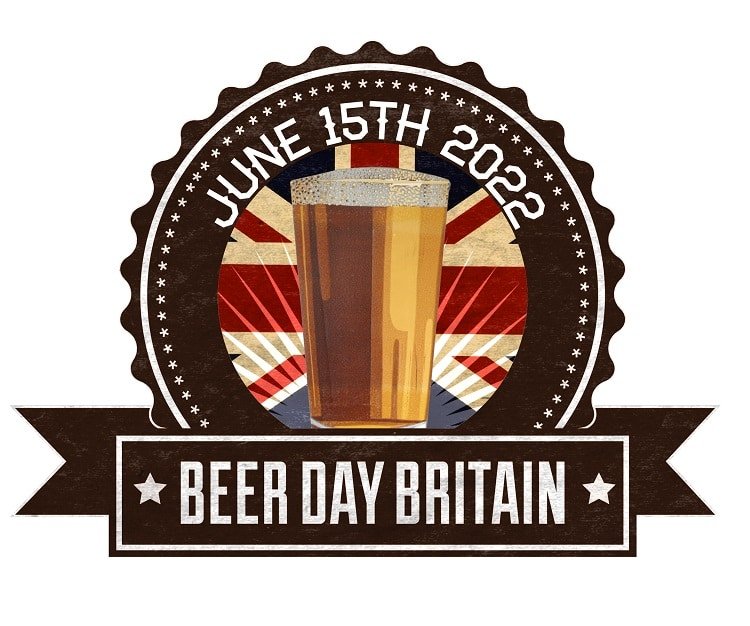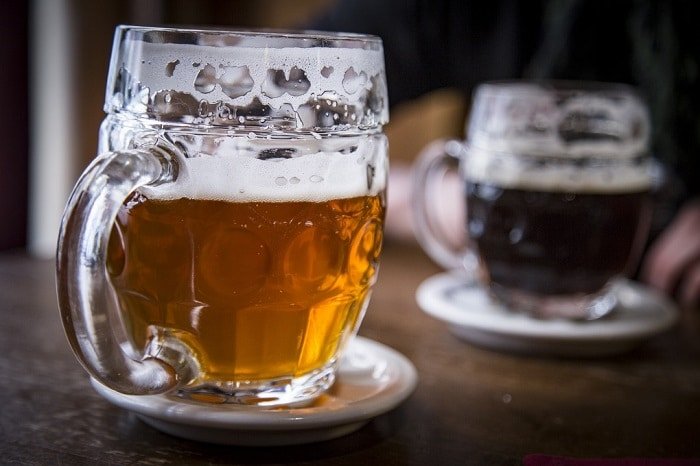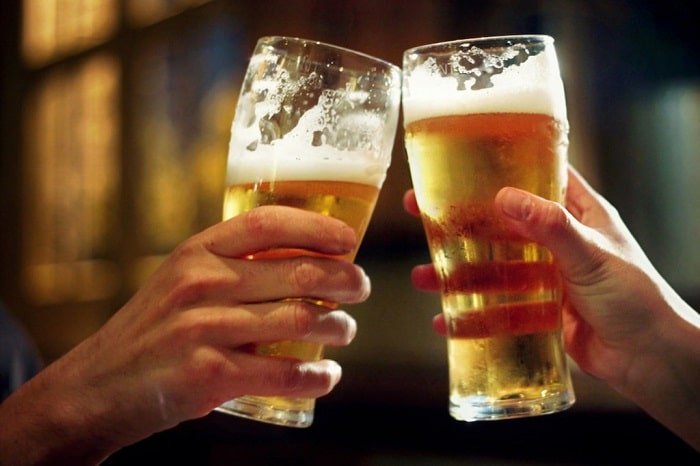Blessings of your heart, you brew good ale.
– William Shakespeare, Two Gentlemen of Verona
Beer Day Britain

Beer Day Britain launched in 2015 as a celebration of… you’ve guessed it… British beer. It is an annual event held on June 15th. Since this often coincides with Father’s Day, the event is often stretched out into an entire weekend of beer celebration. So say cheers all weekend. It would be rude not to.
Writer and beer expert Jane Peyton is the brains behind Beer Day Britain. She has roped in all the national figureheads in the brewing industry: Britain’s Brewing Alliance, British Beer & Pub Association, Campaign for Real Ale, and the Society of Independent Brewers.
But why June 15th? Peyton wanted to highlight the link to the Magna Carta, signed in 1215. The historic document states:
Let there be throughout our kingdom a single measure for wine and a single
measure for ale and a single measure for corn, namely the London quarter.
Celebrating on June 15th serves as a reminder of Britain’s centuries-old love of brewing. The day also pays tribute to the nation’s rich and vibrant brewing tradition. So raise your glass at 7pm for the National Cheers to Beer!

British Beer History
Archaeologists have found evidence that beer was being brewed as long ago as 5000BC, and possibly even all the way back in 10,000BC, in Egypt and Iran. It is believed that the Celts brewed their own beer. When the Romans first invaded British shores in 54BC, they most likely encountered the practice and certainly continued it themselves. Remains of Roman brewing operations have been uncovered throughout the country.

By the Middle Ages, beer was consumed daily. Women, known as ale-wives, often brewed it at home and sold the extra to their neighbours. Monasteries also brewed the beverage, which was considered a nutritious meal in its own right. By the 15th century, the use of hops was being incorporated into beermaking, the practice having spread from Germany and the Netherlands. This led to a strict differentiation between beer (used making hops) and ale (made simply with water, malt, and yeast).
Over the next few centuries, the image of the ale-wife declined as brewing became more commercial and, eventually, more industrial. Porter was introduced in the early 1700s, and India Pale Ale in the 1800s. Lagers were also introduced from Europe although they took a while to gain any popularity. Now you can enjoy a number of types of beer, whether made at home or from a brewery.
Beer Facts
Did you know that:
- Beer and pubs contribute £22.9 billion annually to the British economy?
- Seven out of every ten drinks served in British pubs are beer?
- One billion pints of British beer are exported each year to 110 countries?
- There are just under 48,500 pubs in Britain?
Making the Most of Your Beer
With more than 2000 breweries now operating in the UK, even the most seasoned beer drinker might feel a little overwhelmed by the choices available. What to pick? Fortunately, there are several handy apps and websites to soothe your confusion.
Pint Please is a free app that works on both Android and iPhones. Once you’ve got this installed, you need never fear where to find a pint again! The app shows you what pubs are nearby and what beers they serve. You can also rate beers, keep track of the ones you’ve tried (and whether you liked them), and earn rewards.




